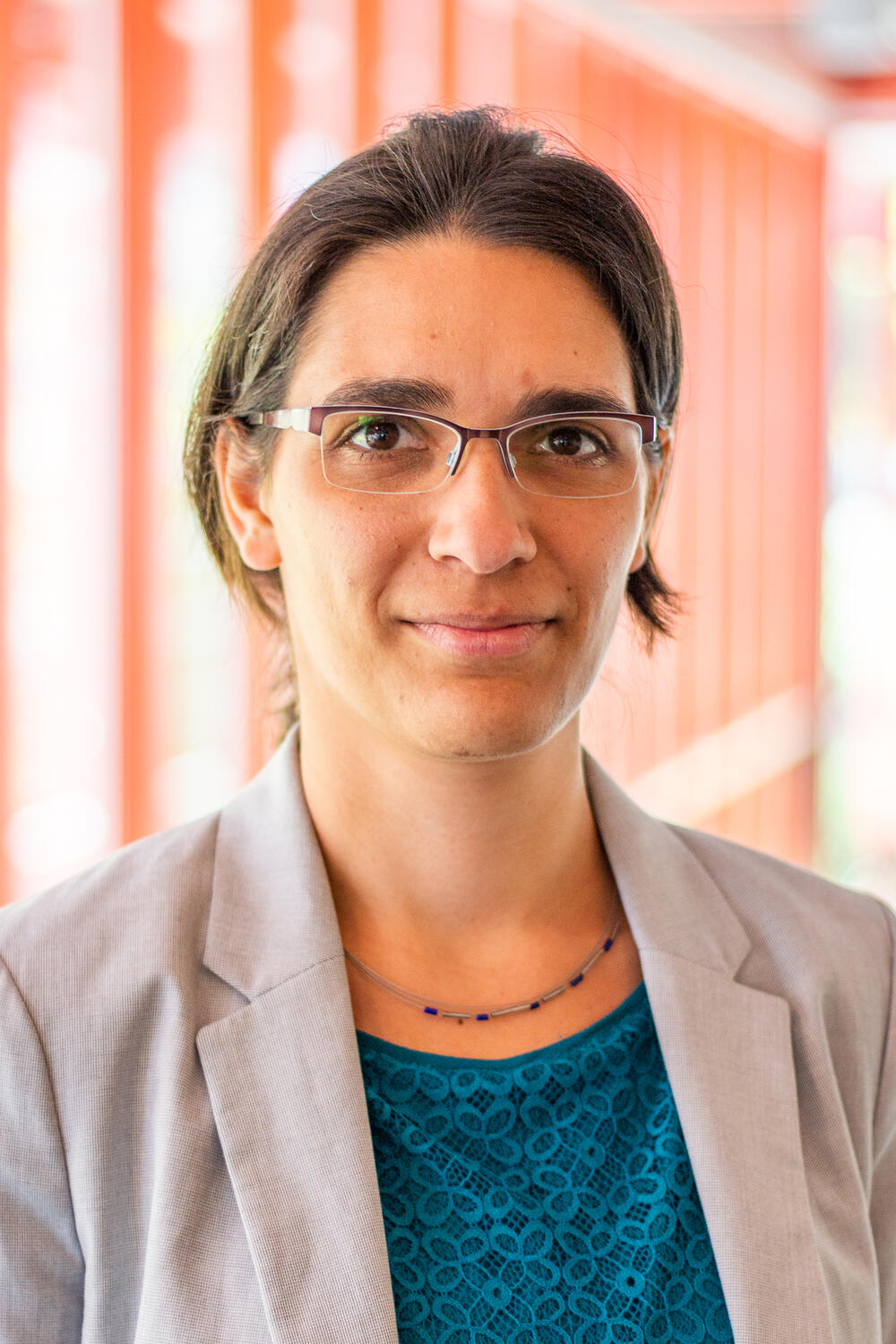DBU aktuell No. 9 | 2021 English
Information on Grant Support Activities of the German Federal Environmental Foundation (Deutsche Bundesstiftung Umwelt)
3.) Interview: The DBU scholarship focus "Environmental-social issues of the energy transition" - doctoral studies with a view beyond the horizon
In this interview, DBU consultant Dr. Katrin Anneser, responsible for climate protection and energy, reports on the doctoral college with the new focus on "Environmental-Social Issues of the Energy Transition" and explains why networking plays an important role in this.
Ms. Anneser, you are the contact person at the DBU for the "Environmental-Social Energy Transition" doctoral program. Can you briefly explain the topic of the focus area?
In addition to the technical challenges, the energy turnaround is now increasingly bringing with it "environmental-social" questions, for example on land availability or species protection, here especially in questions of acceptance, but also risk assessment. Our scholarship focus is dedicated to these questions.
What is the goal of the doctoral college?
The aim of this new type of college is to enable our scholarship holders to look beyond the confines of their own doctorates and at the same time generate added value for the DBU. On the one hand, we can benefit from the research results and on the other hand, we can also offer our project partners interesting insights into research - and vice versa, the scholarship holders can gain insights into industry. Furthermore, it is about networking with German and international experts and institutions.
On November 2, the Energy Transition College presented selected research topics and initial results on the topic of "The energy transition - an overly complex challenge?" Your brief conclusion?
Our fellows have shown that the energy transition is a wicked problem - that is, a problem that can hardly be solved with simple approaches. However, their research can be used to derive approaches to solutions that can contribute to a successful energy transition.
Can you give an insight into a few of the fellows' research projects, and what fields they come from?
Interdisciplinarity was important to us in the doctoral program: thus, in addition to natural scientists, doctoral students from the fields of planning sciences, environmental economics and sustainability research are also involved. In addition to research on predictive uncertainties of energy sources and the role of industry, topics on power grids, thermal storage, wind power and photovoltaics are also represented.
Read more about the DBU's fellowship programs here.
Translated with www.DeepL.com/Translator (free version)


